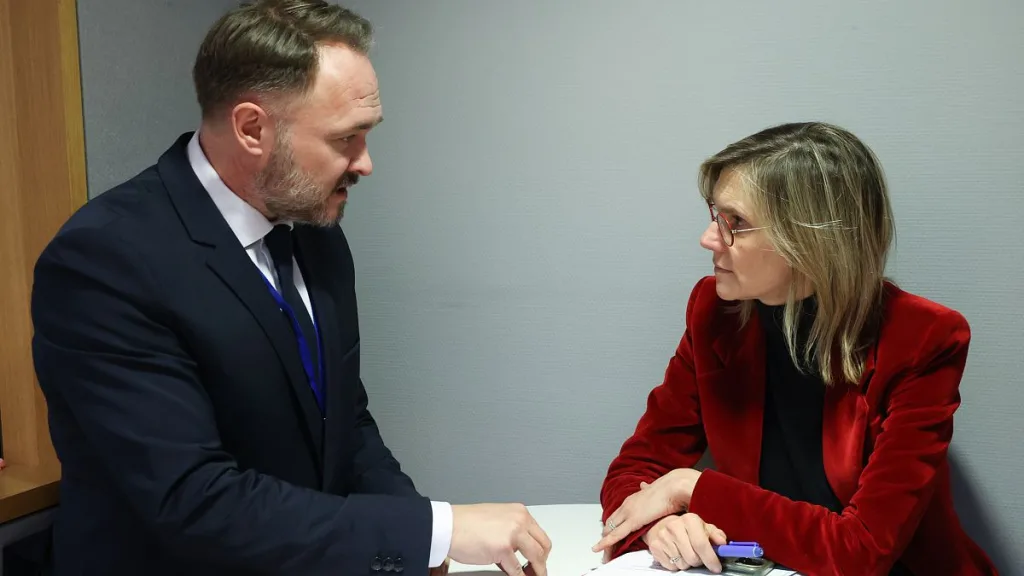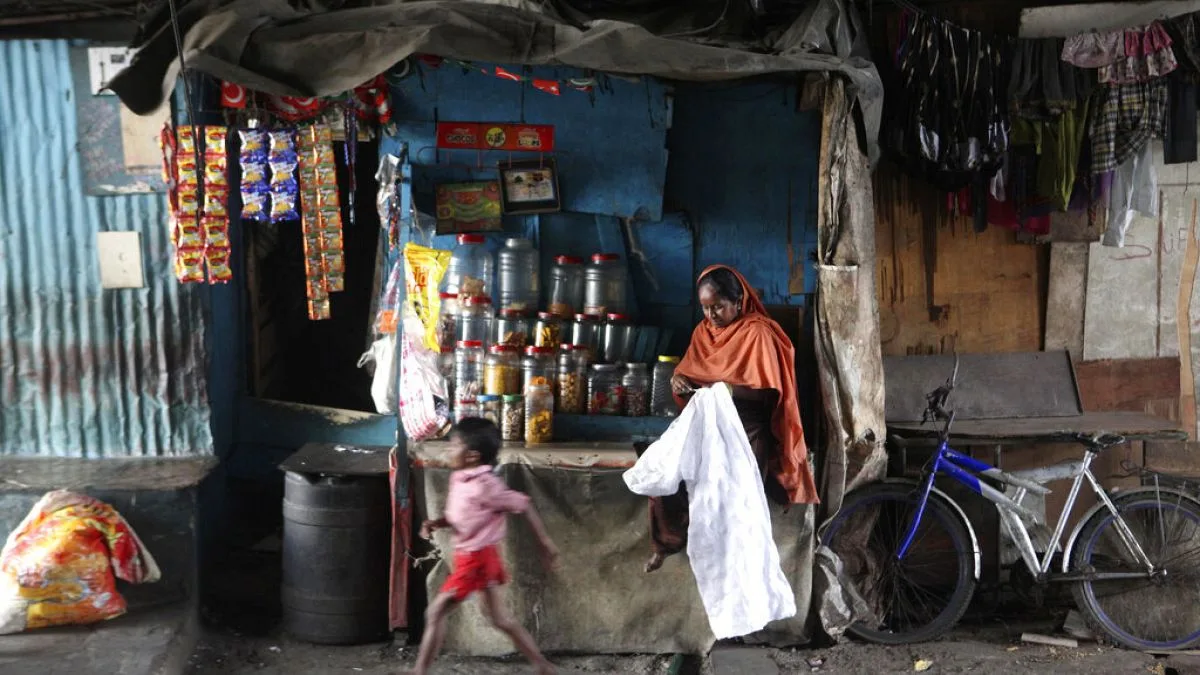In a recent ministerial debate focused on the future of Europe’s energy systems, discussions highlighted the urgent need to improve cross-border power grids and reduce reliance on Russian fossil fuels. France advocated for a more prominent role for nuclear power in the EU’s decarbonization strategy, asserting its importance in achieving a sustainable energy landscape.
During the EU Council energy summit in Brussels, France’s ecological transition minister, Agnès Pannier-Runacher, emphasized the necessity for new legislation that recognizes nuclear energy as a vital clean energy source. She stated, “France encourages the European Commission to establish a clear path to adequately reflect the role of nuclear energy in all its communications and legislative proposals.”
France has been proactive in promoting nuclear power within EU policy discussions, successfully securing its inclusion among approved technologies for green investments. This move potentially paves the way for more policy support and financial backing.
Pannier-Runacher also referred to an array of legislative measures aimed at reducing greenhouse gas emissions in Europe by 55% from 1990 levels by the end of this decade. She underscored the need for the European Commission to propose a new goal for 2040, aligning it with the EU’s target of achieving net-zero emissions by mid-century.
After the 2030 target is met, she suggested that the Renewable Energy Directive, which mandates that the share of renewable energy rise to at least 42.5%, be replaced with legislation developed around the carbon intensity of energy sources.
Notably, Dutch climate minister Sophie Hermans was the only participant to explicitly endorse a 90% emissions reduction, a goal aligned with recommendations by the independent European Scientific Advisory Board on Climate Change. The EU Climate Law commits to attaining climate neutrality by 2050 while mandating the European Commission to recommend an interim target for 2040.
Although several countries weren’t as vocal on nuclear energy, representatives from Czechia, Finland, and Italy echoed calls for a technology-neutral EU energy policy. Ireland’s environment minister, Eamon Ryan, acknowledged that nuclear energy will remain integral to Europe’s energy mix, urging colleagues to transcend debates between renewables and nuclear. He cautioned against “national specificities” that might lead to fragmented efforts across EU nations.
Broad consensus emerged on the importance of enhancing transmission networks and cross-border power lines, as well as a collective aim toward the electrification of transport, heating, and industry. Most ministers expressed concerns regarding high energy costs, viewing them as potential threats to European competitiveness while also seeking measures to protect citizens from price surges similar to those experienced during the 2022 energy crisis.
Empowering Green Choices
Belgian energy minister Tinne Van Der Straeten advocated for decoupling the cost of renewable electricity from fossil fuels, underlining that renewable energy has emerged as the most economical form of new generation capacity. She suggested that consumers should have direct access to competitively priced renewable electricity from wind farms, echoing the prices set by governments during energy auctions.
Dismissing concerns over EU single market rules, Van Der Straeten called for an openness to differentiated “social tariffs” that would benefit consumers.
Another prevalent theme in the discussions was the ongoing necessity to eliminate fossil fuel imports from Russia, which, despite significant reductions since the invasion of Ukraine nearly three years ago, still comprise a substantial portion of energy consumption.
Sweden’s energy minister and deputy premier, Ebba Busch, stated, “Fossil-free is key,” insisting that any future energy legislation must prioritize reducing fossil fuel dependency while maintaining good relations with gas exporters, such as Norway.
Advancing Geothermal Energy
In a related discussion, ministers consensus around the need to develop geothermal energy was evident, particularly supported by Hungary, which boasts extensive thermal resources.
Member states called for streamlined permitting processes and urged the European Commission to formulate a ‘European geothermal action plan.’ Energy minister Csaba Lantos highlighted that geothermal energy offers a reliable and consistent renewable source, as it is not affected by weather variability and can provide continuous electricity and heat production.
Photo credit & article inspired by: Euronews



